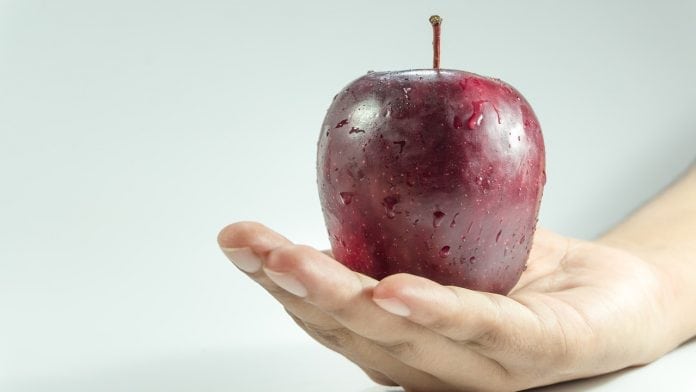
Generosity makes people happier, even if they are only a little generous. People who act solely out of self-interest are less happy. Merely promising to be more generous is enough to trigger a change in our brains that makes us happier, neuro economists found in a recent study.
What some have been aware of for a long time, others find hard to believe: Those who are concerned about the wellbeing of their fellow human beings are happier than those who focus only on their own advancement.
- Read more: Pursuit of Money Has A Downside
Doing something nice for another person gives many people a pleasant feeling that behavioral economists call a warm glow. In collaboration with international researchers, Philippe Tobler and Ernst Fehr from the Department of Economics at the University of Zurich investigated how brain areas communicate to produce this feeling. The results provide insight into the interplay between altruism and happiness.
Even a little generosity makes people happier
In their experiments, the researchers found that people who behaved generously were happier afterwards than those who behaved more selfishly. However, the amount of generosity did not influence the increase in contentment.
Before the experiment started, some of the study participants had verbally committed to behaving generously towards other people. This group was willing to accept higher costs in order to do something nice for someone else. They also considered themselves happier after their generous behavior (but not beforehand) than the control group, who had committed to behaving generously toward themselves.
- Read more: Three Books for Happier Life
Intent alone suffices to cause neural changes
While the study participants were making their decision to behave or not to behave generously, the researchers examined activity in three areas of the participants’ brains: in the temporoparietal junction (where prosocial behavior and generosity are processed), in the ventral striatum (which is associated with happiness), and in the orbitofrontal cortex (where we weigh the pros and cons during decision-making processes). These three brain areas interacted differently, depending on whether the study participants had committed to generosity or selfishness.
Simply promising to behave generously activated the altruistic area of the brain and intensified the interaction between this area and the area associated with happiness. It is remarkable that intent alone generates a neural change before the action is actually implemented.
Benefit from the promise to behave generously
“Promising to behave generously could be used as a strategy to reinforce the desired behavior, on the one hand, and to feel happier, on the other,” says Tobler. His co-author Soyoung Park adds: “There are still some open questions, such as: Can communication between these brain regions be trained and strengthened? If so, how? And, does the effect last when it is used deliberately, that is, if a person only behaves generously in order to feel happier?”
About the experiment
At the beginning of the experiment, the 50 participants were promised a sum of money that they would receive in the next few weeks and were supposed to spend. Half of the study participants committed to spending the money on someone they knew (experimental group, promise of generosity), while the other half committed to spending the money on themselves (control group).
Subsequently, all of the study participants made a series of decisions concerning generous behavior, namely, whether to giving somebody who is close to them a gift of money. The size of the gift and the cost thereof varied: One could, for example, give the other person five francs at a cost of two francs. Or give twenty francs at a cost of fifteen. While the study participants were making these decisions, the researchers measured activity in three brain areas: in the temporoparietal junction, where prosocial behavior and generosity are processed; in the ventral striatum, which is associated with happiness; and in the orbitofrontal cortex, where we weigh the pros and cons during decision-making processes. The participants were asked about their happiness before and after the experiment.
[amazon_link asins=’1250131561,1594488894,1452136009,1632170965,0062414852,0307591557′ template=’ProductGrid’ store=’dubaichron-20′ marketplace=’US’ link_id=’a32abbdf-8735-4fb2-8690-8ac8d0aadab9′]




































